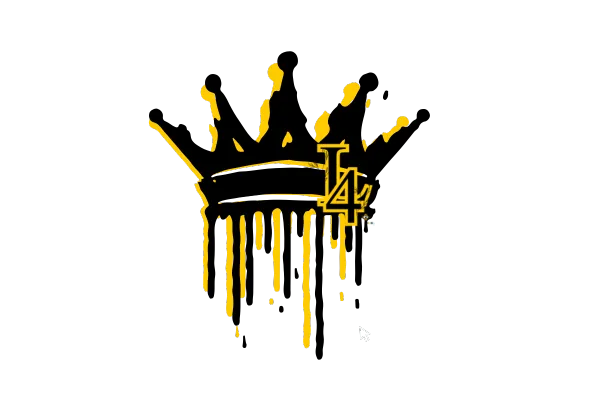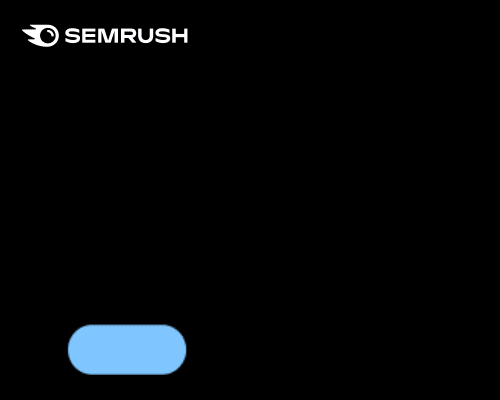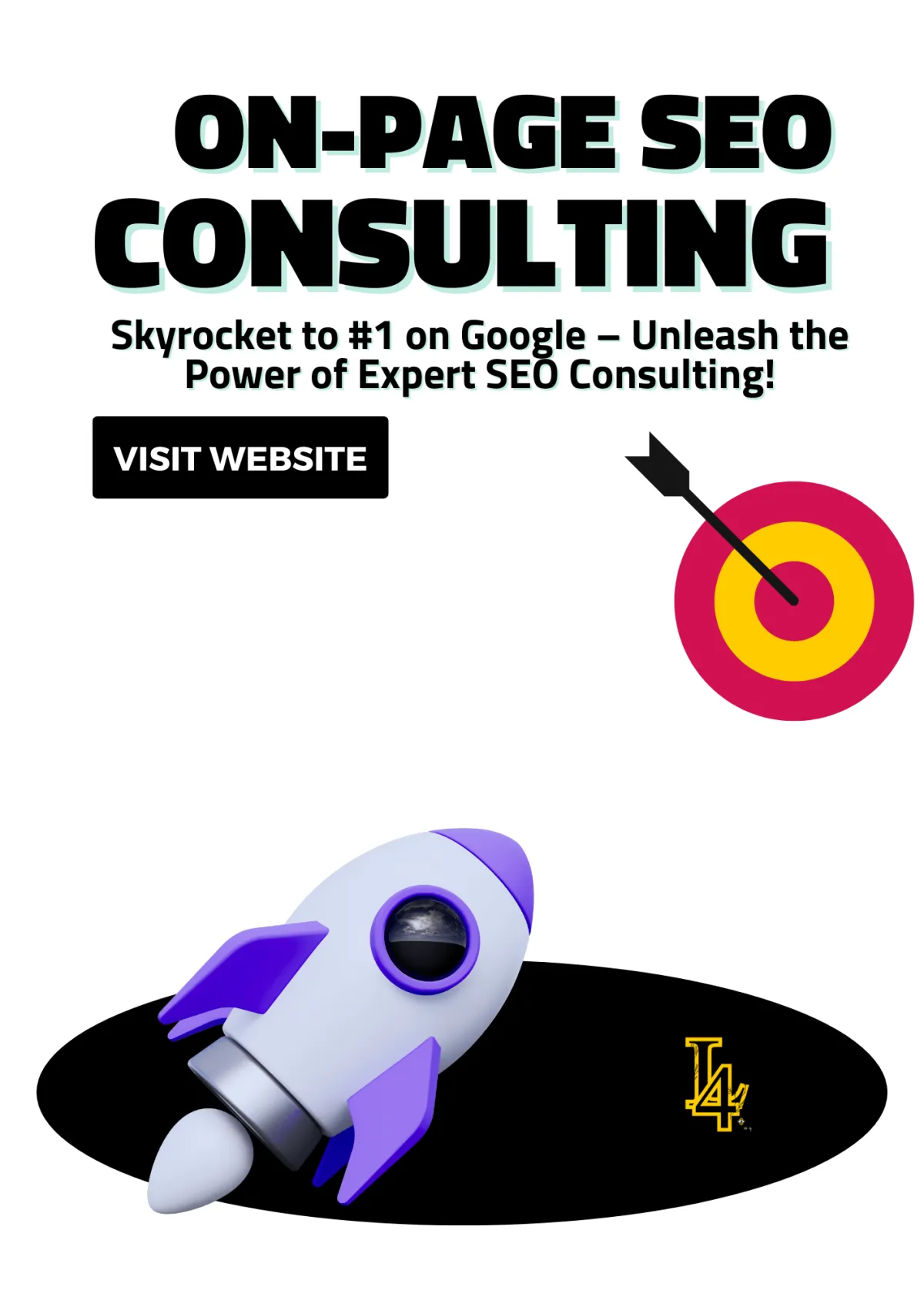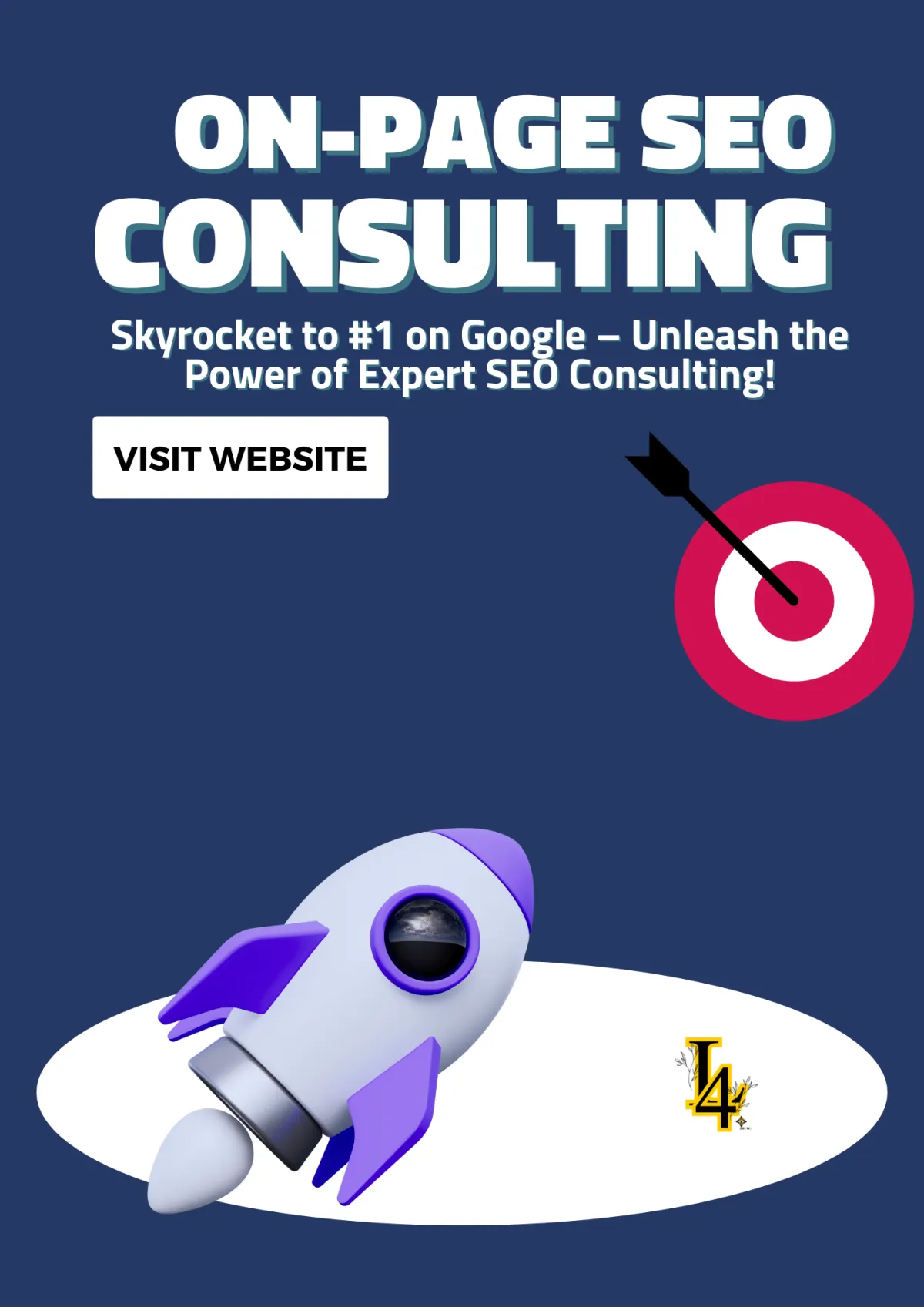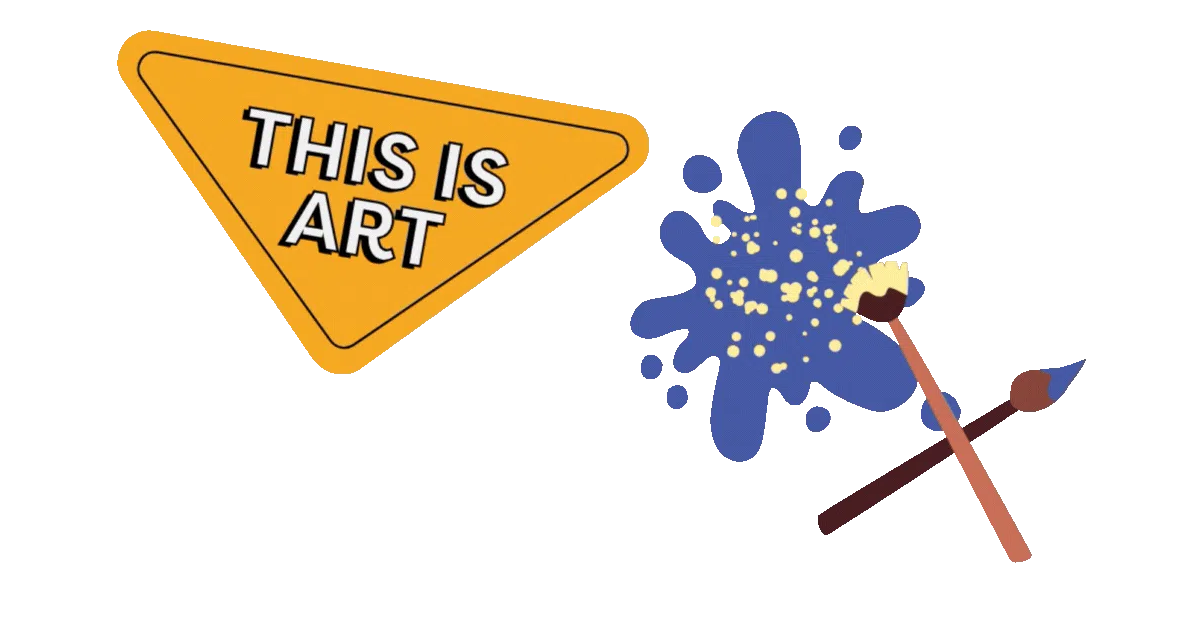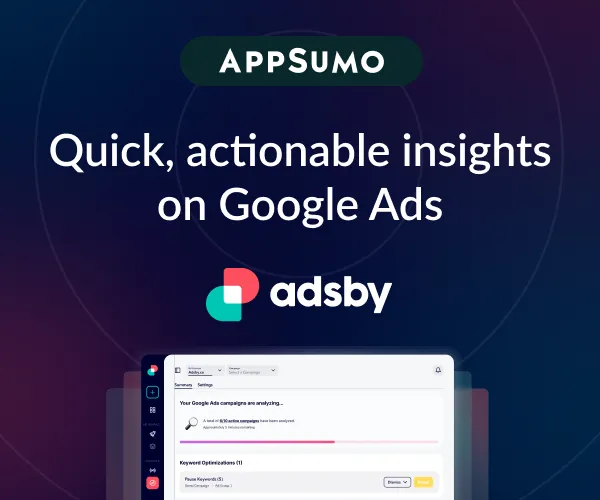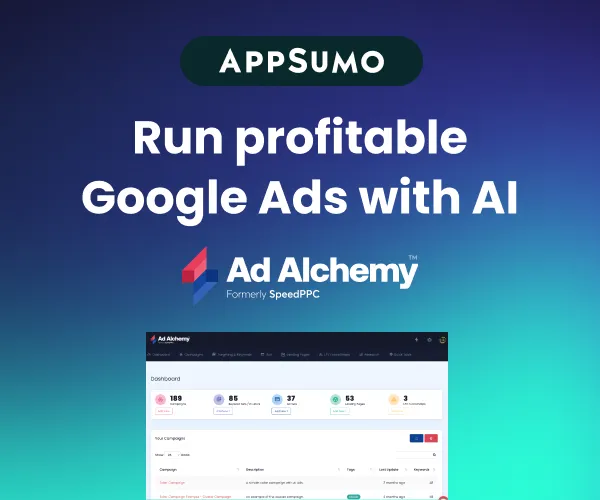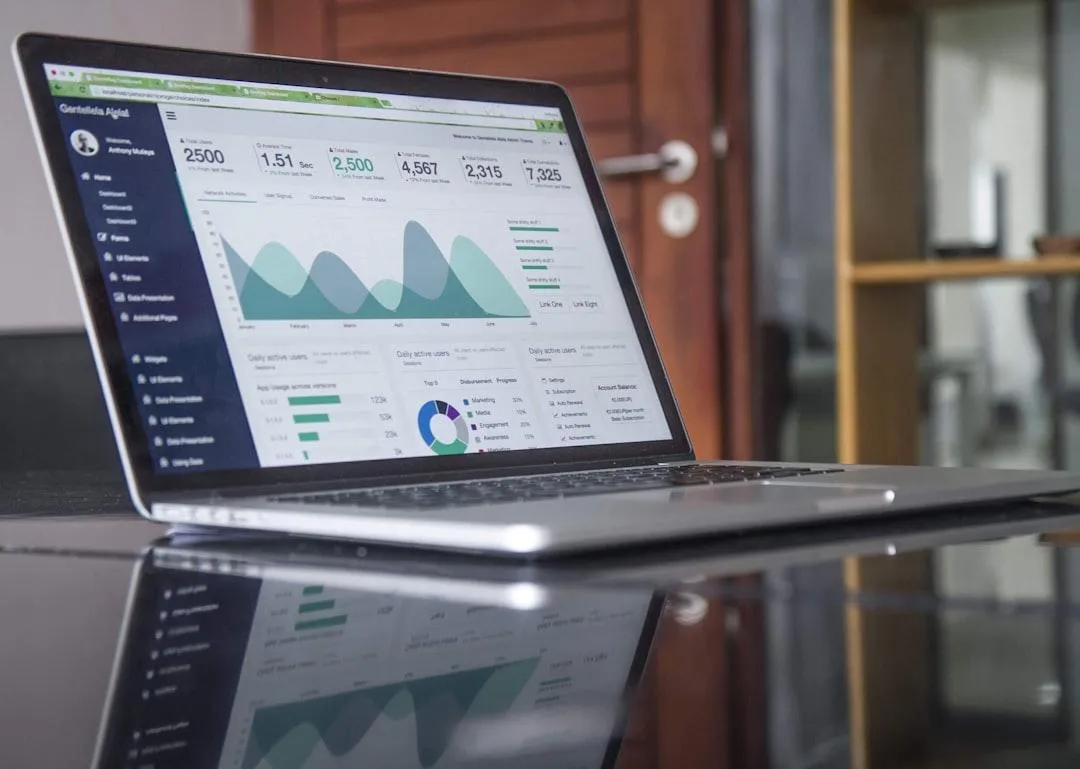
How Reputation Analysis Helped Me Save My Business (and My Sanity)
When I first heard the term reputation analysis, I thought it was just for big corporations with PR teams.
I was wrong.
Once I started losing leads — and couldn't figure out why — I finally dug into what people were actually saying about my brand. What I found changed everything.
If you’ve never done a real reputation analysis, you’re flying blind. This article will show you exactly how I took control, what I learned, and how you can start tracking what really matters.

How Reputation Analysis Helped Me Save My Business (and My Sanity)
🔍 What Is Reputation Analysis (and Why It Matters?)
🧩 What I Looked At in My Reputation Analysis
📢 Brand Mentions on Social, Blogs & Forums
🧠 What I Learned (That I Would’ve Missed Otherwise)
🔍 What Is Reputation Analysis (and Why It Matters?)
Let me break it down simply:
Reputation analysis is how you find out what the world really thinks about your brand — not what you hope they think, and not what your marketing says.
It’s the process of scanning your reviews, social media mentions, blog posts, forums, and even search results to uncover the full picture of your brand’s public perception. The good, the bad, and the stuff you didn’t even know existed.
For me, it started when I noticed something was off.
Leads were slowing down. My ads were still running. My product hadn’t changed. But somehow, conversions were dropping. Something didn’t add up.
So I did a deep dive. Here's what I found during my first real reputation analysis:
🔹 Outdated reviews from two years ago were still showing up on the first page of Google
🔹 A handful of negative reviews I had completely ignored — with no response from my side
🔹 A forum thread trashing my business — one I didn’t even know existed, but it ranked high for my brand name
🔹 No recent positive feedback to balance the negative stuff — because I hadn’t asked in months
It hit me:
People were seeing a version of my brand that wasn’t even accurate anymore — but I hadn’t been paying attention.
That’s what makes reputation analysis so important.
It shows you the real narrative being built around your business. Not just on Google and Yelp, but on Reddit, Facebook groups, LinkedIn threads — all the places potential customers are quietly making up their minds.
You can't manage what you don't monitor.
And you can't fix your image if you don’t even know it’s cracked.
Reputation analysis showed me exactly where the trust was leaking — and gave me the chance to plug the holes before I lost more business.

🧩 What I Looked At in My Reputation Analysis
The Reputation Management Checklist That Saved My Business (Use This Before It's Too Late)
When I finally sat down to do a real reputation analysis, I didn’t just skim a few Google reviews. I treated it like a diagnostic — the same way a doctor would look at symptoms to find the cause of a bigger issue.
Here’s exactly what I reviewed to get a full, honest picture of where my brand stood:
⭐ Review Scores and Volume
I looked at all the major platforms — Google, Yelp, Facebook — and asked myself:
What’s my average rating?
How many total reviews do I have?
Do I have enough to be taken seriously?
Even if you have a 5-star average, 10 reviews won't compete with a competitor who has 500. Quantity matters more than most people realize.
🕒 Recency of Reviews
Were people still talking about me, or was my last review from a year ago?
I realized that a lack of fresh reviews made it look like my business was slowing down — or worse, closed.
No recent activity = lost trust.
📉 Sentiment Analysis
Next, I ran my reviews and mentions through sentiment analysis tools (like Lookhin4 and Brand24) to figure out the tone:
Were people generally positive?
Were complaints recurring or one-offs?
What keywords popped up again and again?
This helped me separate one bad review from an actual reputation problem.
📢 Brand Mentions on Social, Blogs & Forums
I searched Reddit, Facebook groups, industry forums, and social media platforms. And wow — there were conversations happening about me that I’d never seen.
That included:
People recommending me (which I had never acknowledged!)
A few negative comments in a private Facebook group
Mentions on niche blogs I didn’t even know existed
Without digging deeper, I would’ve missed it all.
🔍 Search Engine Results
I Googled my business name and key products/services and asked:
What’s showing up on page one?
Are my profiles up to date?
Are negative posts or bad reviews ranking high?
Remember: your reputation isn’t just what people say — it’s what shows up first.
🆚 Competitor Comparisons
Finally, I looked at how I stacked up next to competitors:
Did they have more reviews?
Were their ratings higher or lower?
What were customers praising them for — or complaining about?
It gave me ideas on where I could stand out — or where I needed to catch up.
I used a mix of tools to pull all of this together into one clear view:
Lookhin4 Reputation – for centralized review and sentiment tracking
Mention – for finding brand mentions across the web
Google Alerts – to flag new content with my name in it

This analysis gave me my playbook. Instead of guessing, I had data — and data gave me direction.
🧠 What I Learned (That I Would’ve Missed Otherwise)
Here’s what surprised me most after digging in:
I was showing up lower in search results because outdated listings and negative reviews ranked higher
People were leaving great reviews, but I wasn’t promoting them — so no one saw them
A Reddit thread had been quietly damaging my reputation for months — I had no idea it existed
Without analysis, I’d never have known any of this.
With it, I knew exactly where to start fixing things.
🔧 Tools That Helped Me Analyze Everything

These tools saved me time and gave me clarity fast:
Lookhin4 Reputation – My own platform that I built to solve this exact problem. For just $129/month, it monitors your reviews, tracks brand mentions, and alerts you in real time — so you never miss what people are saying.
Mention – Real-time tracking of brand mentions across the web
Google Business Profile Alerts – For quick review notifications
Brand24 – Deep sentiment insights and trend tracking
ChatGPT – Yep, even used AI to summarize themes in reviews and feedback
Don’t try to do this manually. The right tools make analysis easy — and repeatable.
Final Thought: What You Don’t Know Is Hurting You
→ [Link to contact page or audit request]
You don’t need to be perfect. But you do need to be aware.
Reputation analysis isn’t optional anymore — it’s part of running a serious business.
If people are talking about you, you better be listening.
Need help with your analysis? Let’s set it up.

More Online Reputation Articles
Online Reputation Specialist Shares Secrets to Boosting Trust & SEO Rankings
How to Respond to a Bad Review on Google: A Guide for Business Owners
